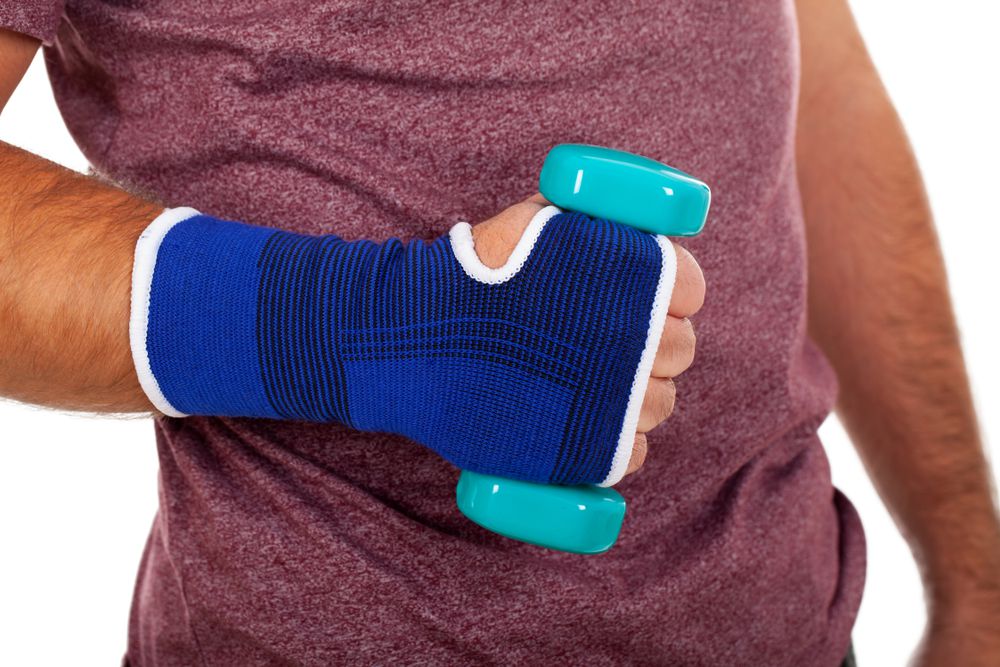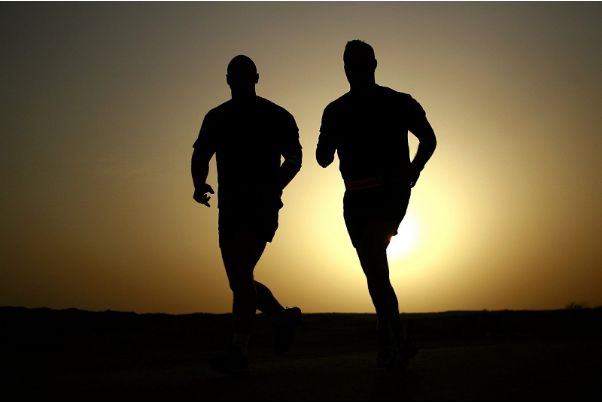Addiction treatment is a multifaceted process that includes therapy and counselling, education, treatment for physical and mental conditions arising from the addiction, and specific exercises for addiction recovery.
If you are in doubt, exercise can actually help with your addiction treatment process. There are many addiction treatment benefits you can enjoy from exercising regularly. In this blog, we will show you why you should exercise during addiction recovery. More importantly, we will highlight the best addiction treatment exercises for your addiction recovery process.
How Can Exercise Help With Addiction?
While exercise on its own is unlikely to be enough, its presence or absence can mean the difference between a recovery attempt failing or succeeding. Exercise has many proven benefits for the general population: for those with addictions, these benefits are amplified.
They include the following:
Physical health
Addiction can have some far-reaching impact on the body, and an important component of addiction recovery is the rebuilding of physical health. As the body regains some of its strength, the addict is able to focus more on the therapeutic elements of rehab.

Mental health
Most forms of exercise release endorphins, which produce a sense of euphoria either during or after the workout. Physical activity is increasingly becoming an integral part of treatment plans for stress, depression and anxiety.
Distraction
One of the most challenging prospects faced by a recovering addict is learning how to handle cravings. For someone who is not accustomed to being sober, this can seem daunting. Exercise can provide the perfect distraction until the craving passes.
Increased energy
Although many people regard exercise as tiring, it actually serves as an energy boost. This is amplified by the fact that people who exercise regularly sleep better.
What Are The Best Exercises For Addiction Treatment?
In order for a recovering addict to be able to exercise regularly, they have to find a form of exercise that they enjoy. Trying to force a workout regimen that feels more like torture can be counterproductive. It is not sustainable, and when the person is not successful in that form of exercise, their self-esteem can suffer and they can be at risk of a relapse.
In this section, we list eight exercises for addiction recovery. There is bound to be something on this list for everybody!
Go For A Run

Running is a universal activity that almost everyone can do. All you need is a decent pair of shoes and a safe place to run. Running is great at generating that endorphin rush – a feeling that runners fondly refer to as “the runner’s high”.
This is a great choice for those who are highly goal-oriented because there are many road racing events to work towards. By choosing a race that has a set date, you can then put together a training program that leads you to that race. Not only do you get the exercise and all of the health benefits that come from it, but you can also build structure into your life.
Take A Walk
If you are not accustomed to exercising, it is important to build up slowly in order to avoid injury and demotivation. Walking for as little as ten minutes a day can make stress levels start to drop, and as your physical fitness improves, those walks will get longer.
A fantastic variation of walking is hiking. The great thing about this activity is that there are options for every skill level. If you have never gone hiking before, start with some easy trails, take it slow, and stop often to admire the scenery around you. All you need is hiking shoes and a bottle of water, and if the sun is out, some sunscreen.
Go Swimming
Swimming is one of the few exercises that work every part of the body, but it does so in a way that is easy on the joints. If you are older, or if you have a medical condition or injury impacting your bones or muscles, swimming can be a great option.
Not only does swimming do good things for the body, being in the water is soothing for the mind. It can be like a balm that eases the mental anguish and stress that are often part of the addiction recovery process.
Take A Spin Class
If you prefer a fast-paced, high-intensity workout, spinning might be just the thing for you. Spinning is like aerobics on a bike and is usually done in a class format at a fitness centre. If group exercise is not your thing, you can spin on your own using a stationary bike at the gym or in your home. There are some great spinning apps that will guide you through the workout.
Spinning does not need a lot of skill, but it does require some degree of physical fitness. If you are new to spinning, there are some beginner workouts that will get you started. Many people find that the high-intensity nature of this exercise is a good way to release a build-up of stress, frustration or anger.
Learn To Dance
Dancing performs a dual purpose — it exercises the body, and it provides a creative means of self-expression. Since the beginning of time, cultures around the world have used dance to tell stories and impart messages. Many addiction rehab facilities incorporate dance in their treatment programs because it enables people to communicate their inner pain without having to talk.
Dancing is one of the few activities that can be suitable for anyone, regardless of age, creative taste and level of fitness. There are countless options for everyone from beginner to advanced, for those who want to dance by themselves, or in pairs or groups.
Do Some Yoga
You don’t have to work up a sweat in order to get exercise. Yoga provides you with a way to connect your body and mind while stretching and moving your body. There are many kinds of yoga, each with their own sets of benefits. This is an easy activity to take up, as options for all skill levels are increasingly easy to find.
Yoga is incorporated in many addiction treatment programs, often in conjunction with meditation. These are activities that can make you feel connected to yourself and to the world around you. Also, there are many benefits to physical and mental health, such as reduced stress and anxiety.
Join A Sports Team
Addiction can be very isolating, and recovery can be a lonely process. Sports teams provide a way to get exercise and be part of a group of people who are working towards a common goal. Even activities that are usually done alone can be done as part of a group: if soccer or basketball is not for you, look for a local running or hiking club.
Joining a sports team can be an important part of the post-rehab phase of addiction recovery. At a time when your life seems to revolve around avoiding relapse triggers and attending support group meetings, a sports team can give you a break. An opportunity to just enjoy participating in an activity.
Lift Some Weights
When done safely, weightlifting can provide numerous benefits to your physical health while burning away stress and negative emotions. You can do this activity in a fitness centre, or you can invest in some weights of your own, and do it at home. There are some apps and websites that can guide you through your workouts.
While weightlifting is one of the best exercises for addiction treatment and recovery, it is important to learn the proper techniques for lifting, to gain maximum benefit and avoid injury.
Final Words
Exercise is universally beneficial. No matter who you are and what your fitness level is, regular exercise has numerous benefits to the body and mind. Physical activity should not be regarded as something you do in addition to addiction rehab: it should be an integral part of your addiction treatment program. And when your rehab phase is over, the same exercises for addiction recovery can become a permanent part of your life. This will vastly improve your chances of lasting sobriety and positive, productive living.
Contact 1000 Islands Addiction Rehab & Treatment Centre for addiction treatment programs.
Related article: Best Winter Home Exercises To Maintain Your Addiction Treatment
